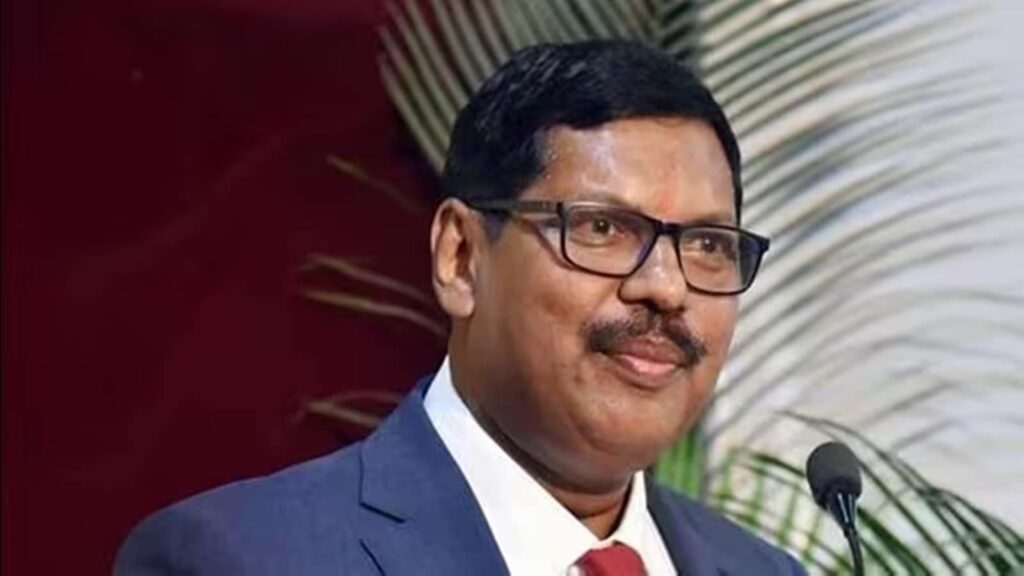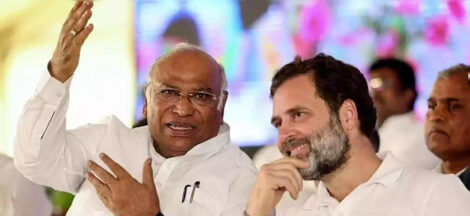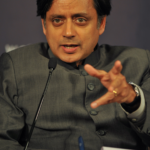Chief Justice of India Bhushan Ramkrishna Gavai, at a felicitation ceremony hosted by the Bar Council of India on Saturday, underscored the imperative for judges to remain attuned to the lived experiences of the populace. Emphasising the judiciary’s role in reflecting societal complexities, he stated, “Judges must remain mindful of the ground realities and complexities of human experiences. Judges cannot remain detached from people.”
Justice Gavai, who assumed office as the 52nd Chief Justice of India on May 14, 2025, highlighted the ineffectiveness of a judiciary that maintains distance from society, asserting that such detachment hinders the delivery of justice. His remarks align with his longstanding commitment to social equity and inclusivity, principles he attributes to the constitutional vision of Dr B.R. Ambedkar.
In his address, Justice Gavai also reflected on the challenges facing the judiciary, including the erosion of public trust. He warned that a deficit in trust could lead individuals to seek justice outside formal legal frameworks, potentially resulting in vigilantism and undermining the rule of law. He identified factors contributing to this trust deficit, such as judicial delays, perceived corruption, and lack of transparency in decision-making.
Justice Gavai’s tenure is marked by a focus on enhancing the judiciary’s responsiveness to societal needs. He has advocated for the integration of technology to improve judicial efficiency and accessibility. However, he has also cautioned against the misuse of digital platforms, noting that edited clips of court proceedings circulated on social media can misrepresent judicial deliberations and erode public confidence.
Addressing the internal dynamics of the legal system, Justice Gavai has called for mutual respect between judges and lawyers, emphasizing that both are co-equal partners in the administration of justice. He has criticized instances where lawyers are not treated with the dignity they deserve, stating that such behavior undermines the judiciary’s integrity.
Justice Gavai’s ascent to the highest judicial position is historically significant. He is the first Buddhist and only the second individual from the Scheduled Castes to serve as Chief Justice of India. He attributes his rise to the affirmative action provisions enshrined in the Constitution, which aim to ensure representation of marginalized communities in all spheres of governance.
In his speech, Justice Gavai reiterated the importance of the judiciary’s independence from political and executive influences. He cautioned against judges publicly praising politicians or seeking political patronage, practices that he believes compromise judicial impartiality and public trust.




 Tharoor’s Global Role Deepens Rift Within Congress
Tharoor’s Global Role Deepens Rift Within Congress 